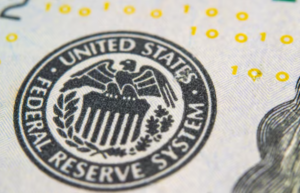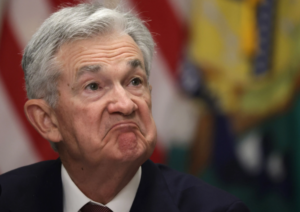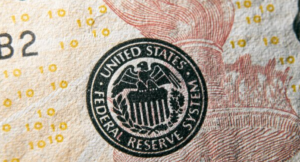#inflation #financialstability #wealthperception #cryptocurrencyimpact #economicshifts #personalfinance #marketinsights #financialplanning
In the evolving landscape of economics and personal finance, the concept of wealth and financial comfort has significantly shifted. Traditionally, the benchmark for being considered ‘wealthy’ or even ‘financially comfortable’ has been pegged to certain fixed monetary values. However, inflation and the volatile nature of today’s markets, including the dynamic world of cryptocurrencies, have dramatically altered these perceptions. The average American’s expectation of what constitutes financial stability is no longer static but evolves in response to the economic climate and emerging financial trends.
The influence of inflation on the economy cannot be overstated. As prices for basic goods and services rise, the dollar’s purchasing power diminishes, requiring individuals to reassess what they consider to be a comfortable financial cushion. This inflationary pressure extends beyond just everyday spending into the larger assets and investments that traditionally underpin wealth, such as real estate and the stock market. Here, cryptocurrencies have emerged as both a complicating factor and a potential hedge against inflation. The volatile nature of digital currencies like Bitcoin and Ethereum introduces new dimensions to wealth building and preservation, challenging traditional notions of financial planning and stability.
Cryptocurrencies, with their promise of high returns, have captivated the imagination of investors seeking to offset inflation’s erosive effects on their savings. However, this comes with heightened risks and an increased need for financial literacy. Understanding the market dynamics, the technology behind these assets, and their potential for significant fluctuations is crucial. This new digital frontier of investing has made it clear that achieving financial comfort requires adapting to the ever-changing financial strategies, with a strong emphasis on education and diversification.
As we move forward, the criteria for financial comfort and wealth are likely to continue evolving, shaped by economic shifts, the increasing role of digital currencies, and the broader financial ecosystem’s response to these changes. Individuals must stay informed and agile, ready to adjust their financial strategies to navigate the complex interplay of inflation, investment opportunities, and the burgeoning significance of cryptocurrencies in achieving financial stability. This ongoing transformation underscores the importance of flexibility, forward-thinking, and a deep understanding of both traditional and emerging financial instruments in the pursuit of wealth and financial comfort.







Comments are closed.